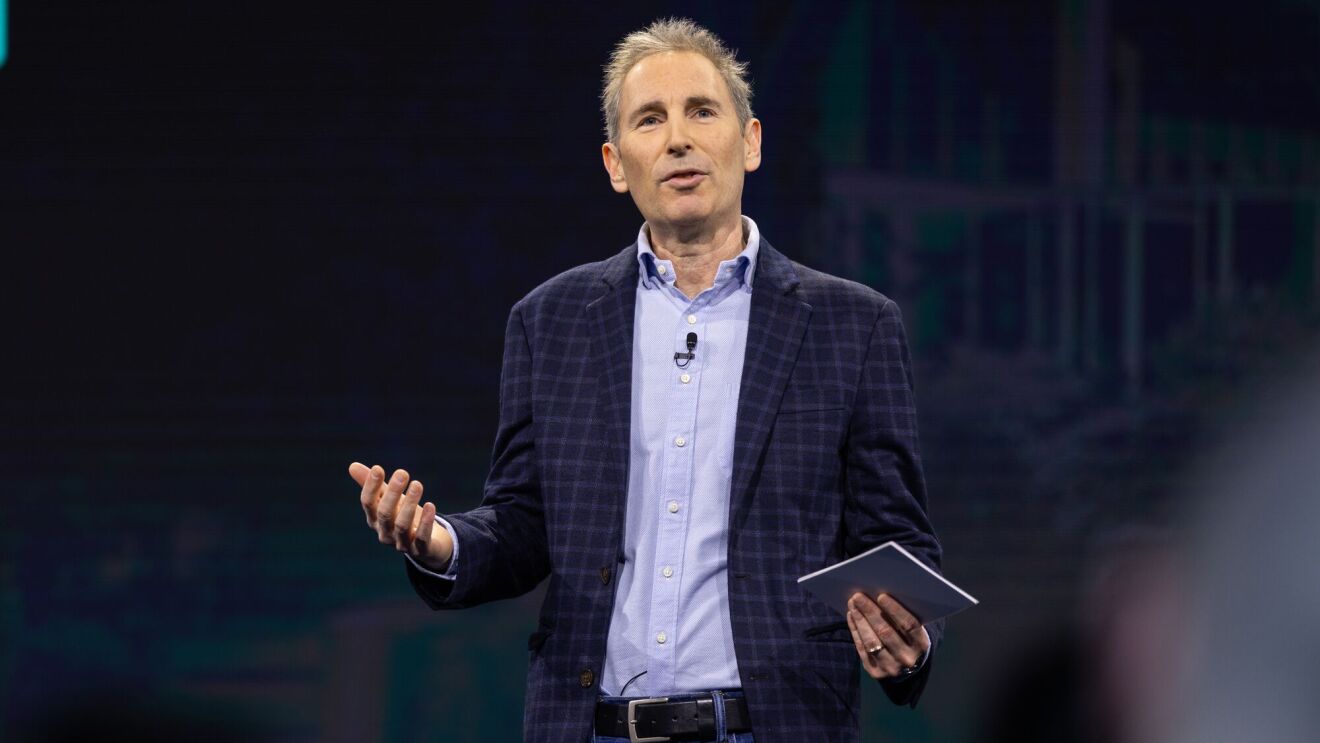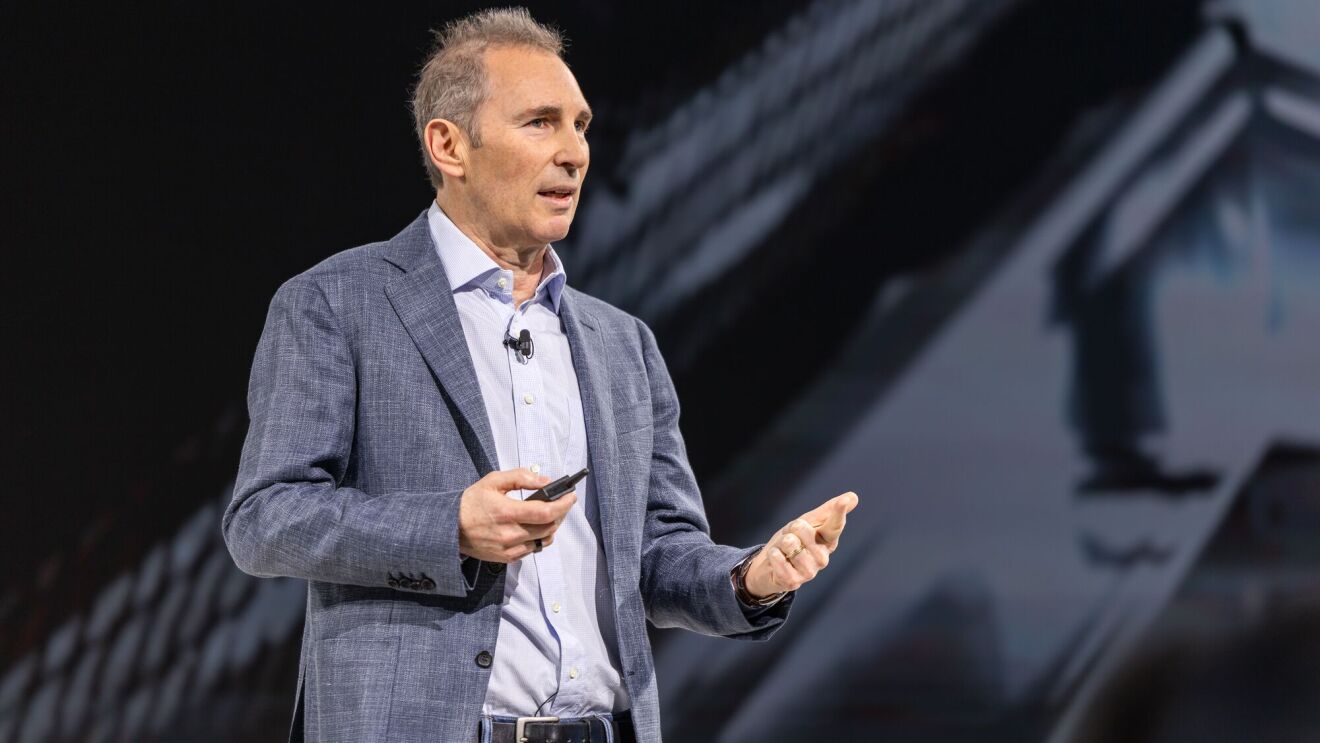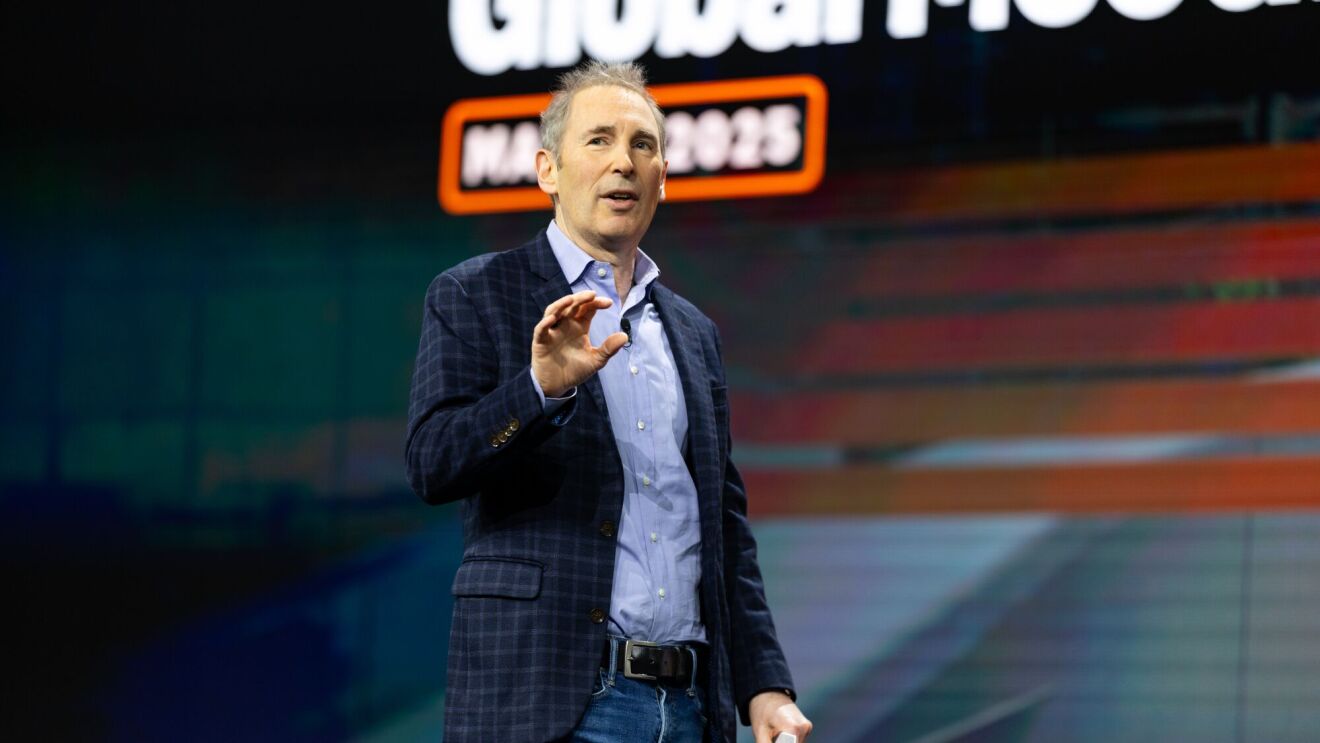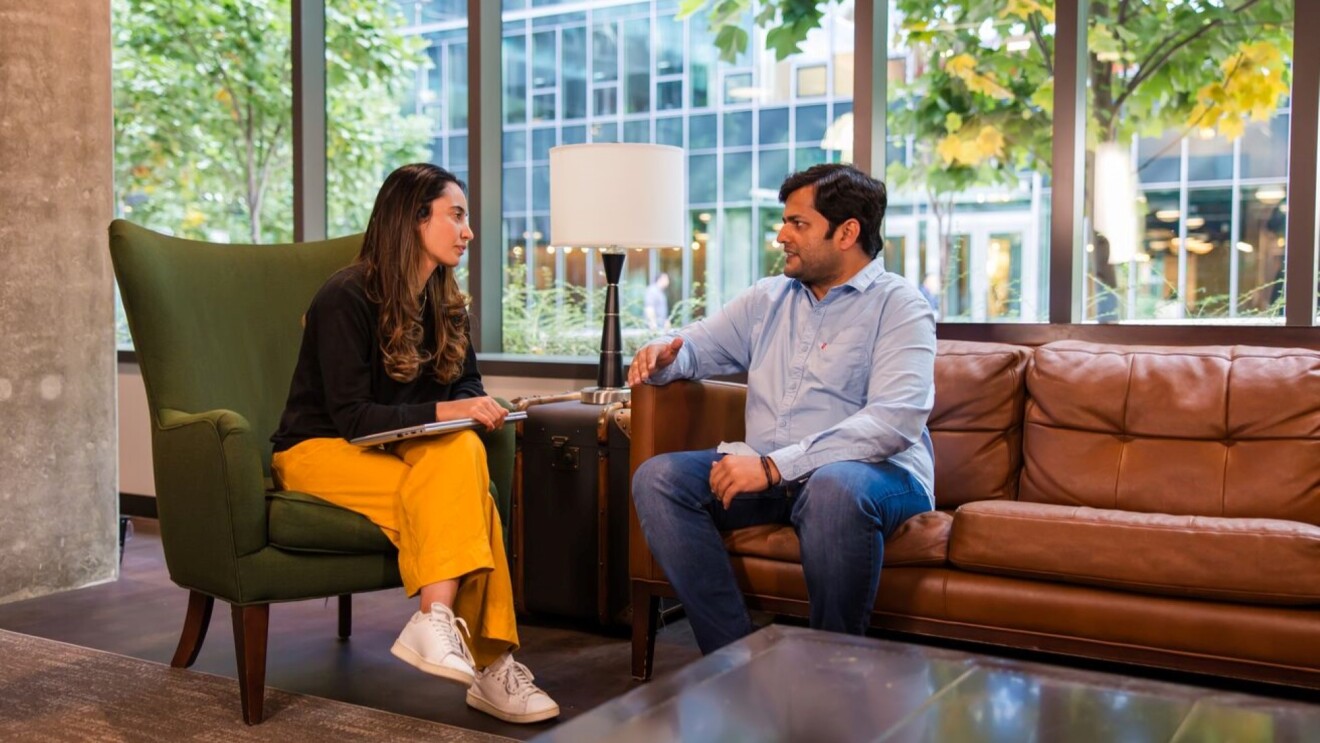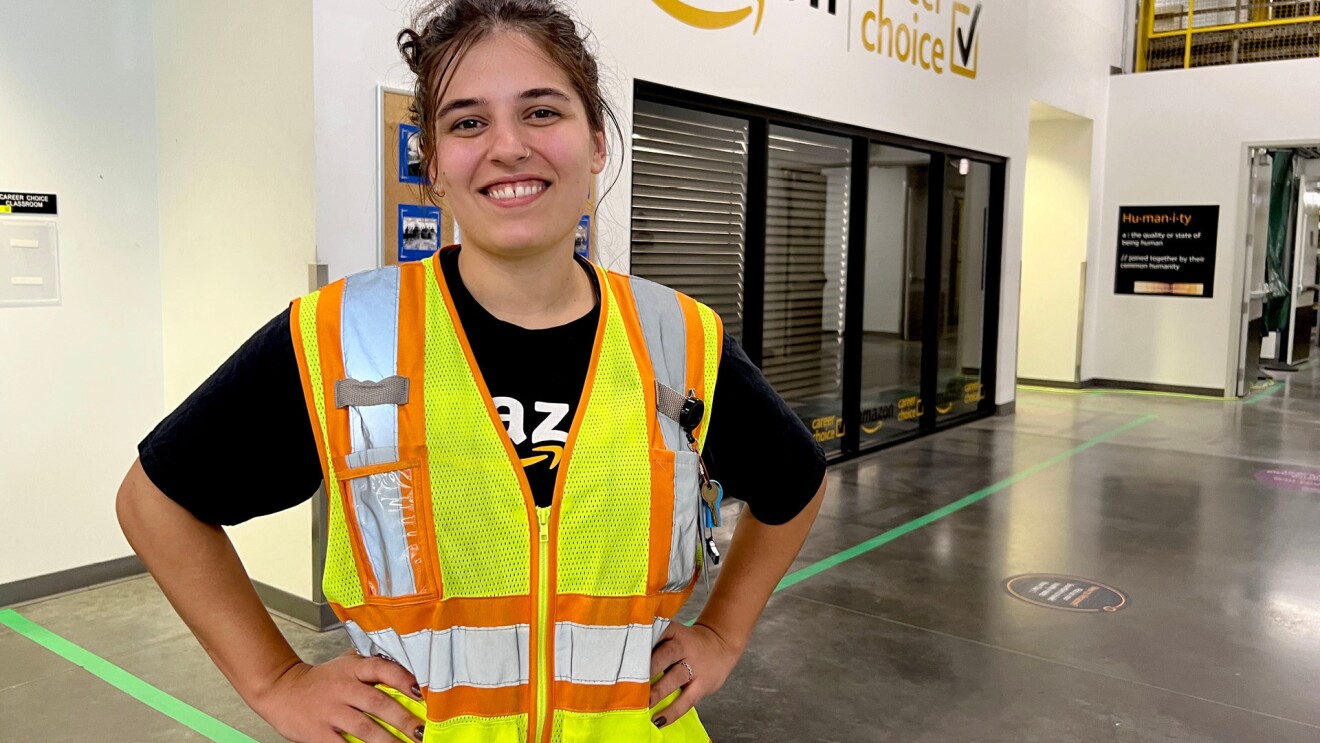Last Father's Day, Victor didn't know how to change a diaper, but he knew the kind of dad he wanted to be. Brisa, his partner, couldn't have known how badly anxiety and depression would flare in the weeks before she gave birth—or how much she'd need Victor's support.
Today, Brisa can talk openly about her "harsh times" from a happier place, and she hopes that someone reading this story can see a path from pre- and post-partum depression to understanding how normal it is to need help. She vividly recalls the anxious thoughts that followed her through her pregnancy.
"Before I met Victor, it was me and my son, Devonte, for a year and a half. Devonte was my comfort zone. I was afraid of losing that after I had a baby," said Brisa. "What if Devonte doesn't like Belle—or me because I had another baby? I didn't know how Victor was going to be when I wanted to hug Devonte, and I thought maybe Victor would only love our daughter because she's his."
01 / 05
Also, because of the way her relationship with Devonte's father had ended, she couldn't shake one especially stressful thought: "If that happens again with Victor, I'llbe alone with two kids." She tried telling herself things would be OK and reminding herself to break out of mental spirals—"because you like to overthink, and overthinking brings more sadness."
For many months, work was her most dependable break from sadness and overthinking. "I would forget about everything that was going on in my life," she said of her shifts at HOU2, the same Amazon fulfillment center in Houston, Texas where she met Victor and where both of them still work today. Being at work was such a helpful distraction, in fact, that she planned to skip one of the benefits Amazon provides birthing mothers: within the up to 20 weeks of paid leave, mothers-to-be can take four weeks of fully paid leave before giving birth.
Only 23% of American workers have access to paid parental leave, according to the March 2021 National Compensation Survey by the U.S. Bureau of Labor Statistics—and that number is even lower for hourly workers. That leaves more than 3 in 4 Americans needing to hurry back to work after the birth of a new baby or find a way to get by without a paycheck.
Amazon believes that parents should have time to bond with their new babies, so the company provides up to 20 weeks of fully paid leave for salaried and hourly employees alike. Like all Amazon employees in the U.S., Brisa also has access to Resources for Living, mental health support that's free to employees, their families, and their households as part of Amazon's comprehensive benefits package. It includes one-on-one counseling and crisis support, any time of day.
If I didn't have the time that Amazon offered, I wouldn't have been able to be an effective parent. And I wouldn't have been able to be there for those memories.
Victor
Amazon employeeTwo weeks before her due date, Brisa's anxiety and depression became impossible for her to ignore—even at work. Her manager noticed, checked in with her, listened to what she was going through, and helped. And Brisa decided to use her paid pre-partum leave, after all.
She also decided to seek help from her doctor and share her experience with Victor. This meant telling him how bad things were and trusting him to handle what could sometimes be a simultaneous, contradictory need to push him away and pull him close. "Before, I would push people away and they'd just leave," Brisa said. "And he's the only one that never left."
Asked what advice he'd give fellow parents who find themselves in a similar situation, Victor said, "The best thing I could tell somebody is to be there for that person. There'll be days when they won't want to get out of bed. There'll be days when they won't want to talk. You start questioning yourself: am I actually doing anything that's helping? But just being in the same room and providing that comfort of another person being there goes a long way."
01 / 02
As a supporting parent who works at Amazon, Victor got six weeks of fully paid parental leave. It started October 18, the day Belle was born. His paychecks kept coming, just like Brisa's, even though it was almost December by the time he went back to work.
His previous job at another large retailer offered new parents less paid leave. "I would have had to go straight back to work just to make sure our family was okay. If I didn't have the time that Amazon offered, I wouldn't have been able to be an effective parent. And I wouldn't have been able to be there for those memories."
The focused, extended togetherness made possible by six weeks of fully paid leave was crucial and "allowed me to hop in and help wherever I could," Victor said. "The extra time helped me find patience and that overall rhythm to help each other out and just parent."
After all, every aspect of baby care was new to him: changing diapers, making bottles, changing clothes, even holding Belle safely. "Babies are very fragile," Victor said. "And I was scared that I would pull her arm too hard or something. But you know, Brisa was very good at teaching me how to be the father I am today."
Looking back on what their family has persevered through between last Father's Day and this Father's Day, Brisa summed up what was true, even during her most difficult times: "Everything will be okay. You have somebody who's supporting you every step of the way."
As part of our commitment to continue to make improvements to support hourly employees, we are telling the stories of Brisa, Victor, and other new parents helped by Amazon's fully paid leave. Watch our video about those families here.
Here's the fine print behind our fully paid leave:
- We offer 20 weeks of fully paid leave for birthing parents, including four weeks before the baby is born.
- We offer six weeks of fully paid leave to supporting parents and adoptive parents.
- Our Leave Share program allows employees to give six weeks of paid parental leave to a spouse or partner whose jobs don't provide paid leave.
- With flexible scheduling and part-time options, our Ramp Back program helps employees through the challenge of coming back to work after a new baby.
- Employees are eligible if they have one year of continuous service and are regularly scheduled to work at least 30 hours per week before their child arrives.
Additionally, all employees, their families, and their households have access to the Resources for Living mental health benefit as part of Amazon's comprehensive benefits package.
Trending news and stories








